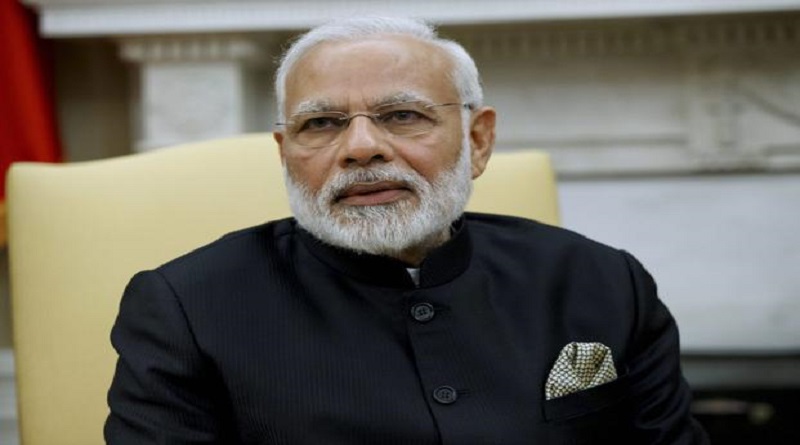India to ratify Minamata Convention as Cabinet gives approval
The government of India will soon ratify the Minamata Convention on Mercury as the country Cabinet on Wednesday February 7, 2018 gave its approval for ratification of the global treaty that seek to protect human health and the environment from mercury pollution.
Presently, 88 Parties have ratified the Convention including Nigeria that deposited its instrument of ratification on February 1, 2018 as the latest Party.
News18.com reported that the Union Cabinet chaired by Prime Minister Narendra Modi approved the proposal for ratification of the Minamata Convention on Mercury and depositing the instrument of ratification enabling India to become a party to the convention.
The Minamata Convention on Mercury is an international treaty designed to protect human health and the environment from anthropogenic emissions and releases of mercury and its compounds.
“The approval entails ratification of the Minamata Convention on mercury along with flexibility for continued use of mercury-based products and processes involving mercury compound up to 2025,” an official statement said.
The convention will be implemented in the context of sustainable development with the objective to protect human health and environment from the anthropogenic emissions and releases of mercury and its compounds.
“The convention protects the most vulnerable from the harmful effects of mercury and also protects the developmental space of developing countries.
“Therefore, the interest of the poor and vulnerable groups will be protected,” it said.
Union Environment Minister Harsh Vardhan, tweeted, “Grateful to PM Modiji and the Cabinet for approving the #MinamataConventiononMercury. It will take India to #MercuryMuktBharat or #ParaRahitParyavaran and enable us to protect human health and environment from ill effects of Mercury.”
The convention will further urge enterprises to move to mercury-free alternatives in products and non-mercury technologies in manufacturing processes. “This will drive research and development and promote innovation,” it added.




